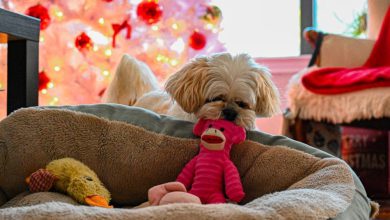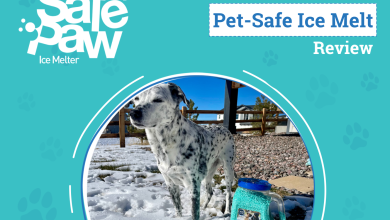
Small dogs are notoriously hard to potty train. Potty training a French Bulldog can seem daunting, but with patience, consistency, and the right approach, it can be a smooth process. This guide will provide you with a step-by-step plan to successfully potty train your French Bulldog.


The 8 Tips to Potty Train a French Bulldog
1. Preparation
Understanding your dog’s behavior and needs is crucial. French Bulldogs are known for their stubbornness, but they are also eager to please their owners. Recognizing these traits can inform your training approach.
Before starting the training, set up an environment conducive to learning. Choose a specific outdoor spot for your dog to eliminate and keep the indoor area clean to discourage accidents. Invest in essential supplies like a quality leash, treats for positive reinforcement, and cleaning supplies for any accidents.
2. Establish a Routine
Start by taking your French Bulldog to the designated potty area. Let them sniff around and get familiar with the site. Establish a routine by taking your dog out to the potty area first thing in the morning, last thing at night, and after meals or naps. Puppies may need to go out every 2 hours or so.
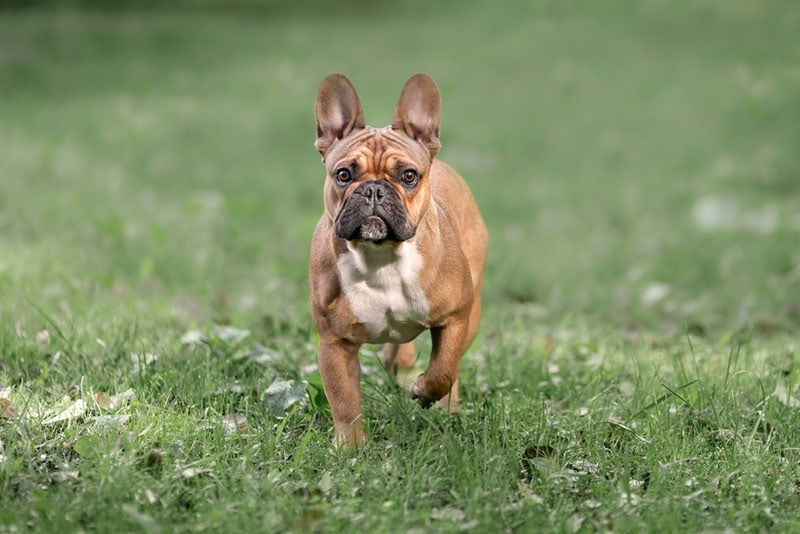

3. Use Command Words
As your dog starts to eliminate, use a command word like “potty”. Use a consistent word or phrase each time.
4. Provide Positive Reinforcement
Immediately after your dog has finished eliminating, reward them with praise, a treat, or a favorite toy. Make sure the reward is immediate, so they associate it with the correct behavior.
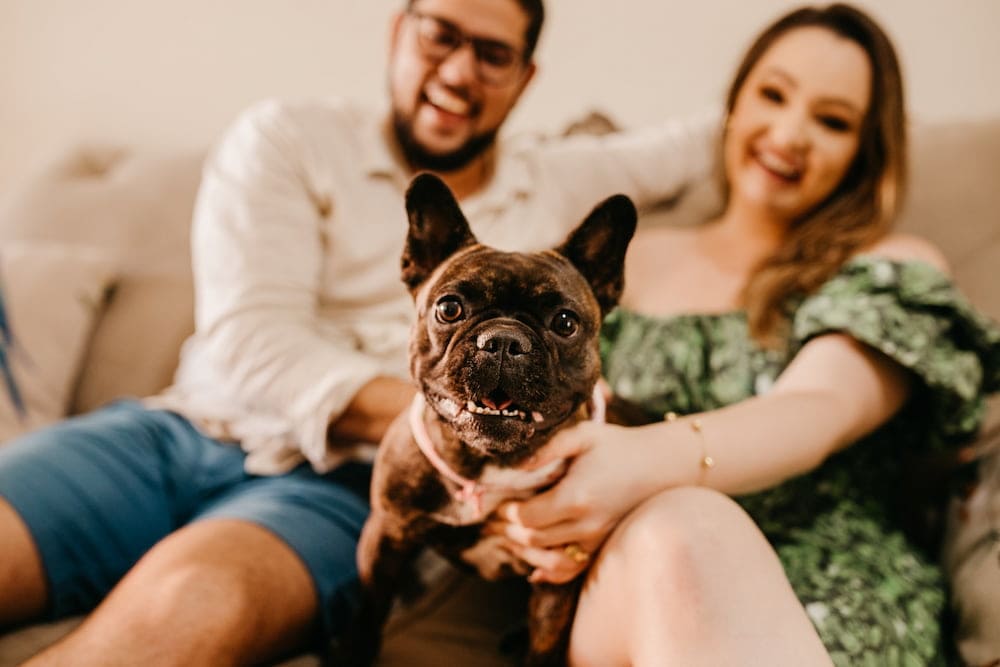

5. Indoor Supervision
When indoors, keep an eye on your dog for signs they need to go outside. These could include sniffing around, circling, or whining. Try to take your dog out one last time before bed to reduce the chances of overnight accidents.
6. Dealing with Accidents
If your dog has an accident, don’t punish them. They won’t understand and it could create fear or confusion. Clean up any mess right away to remove the smell and discourage your dog from using the same spot in the future. If accidents are happening regularly, consider what might be causing them. You might need to adjust your routine or consult with a vet to rule out any medical issues.
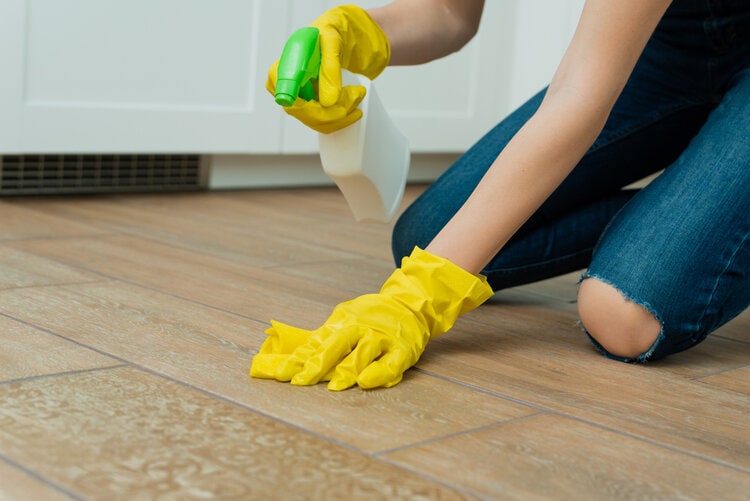

7. Gradual Independence
As your dog gets older and better at controlling their bladder, you can gradually increase the time between potty breaks. Start giving your dog more freedom around the house under less supervision. If they’re consistently going to the door when they need to go out, you’ll know your training is working.
8. Advanced Training Techniques
Crate training can be an effective potty-training tool. Dogs don’t like to soil their sleeping areas, so they’ll learn to hold it until they’re taken outside. Bell training involves teaching your dog to ring a bell when they need to go outside. This requires patience and consistency but can be very useful.
If you’re struggling with potty training, don’t hesitate to seek help from a professional dog trainer. They can provide personalized advice and strategies.
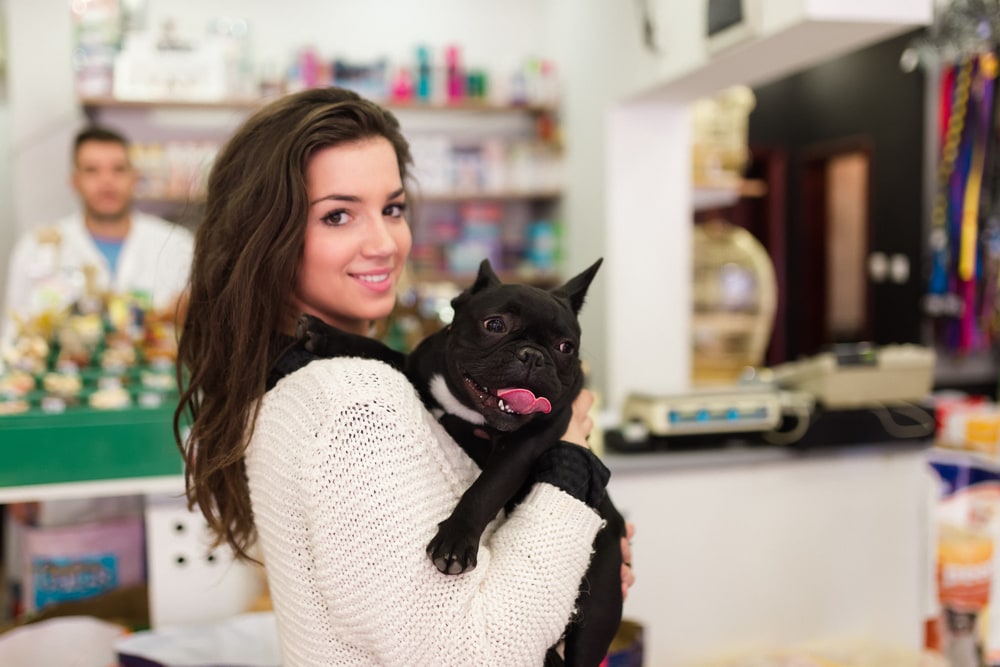



Other Things to Keep in Mind During the Training Process
Potty training a French Bulldog, like any other breed, is a process that involves a learning curve for both the dog and the owner. Here are some other things to keep in mind.
Unsuccessful Early Days
In the early days of training, your puppy will not have much bladder control. Expect to take them out every 1–2 hours, as well as after meals, naps, and play sessions. During this period, accidents are frequent. It’s important to remain patient and remember that your puppy is still learning.
Progress Over Time
As your French Bulldog grows and their bladder control improves, they’ll start to understand the routine. You’ll notice fewer accidents and more instances of your dog eliminating in the correct spot. This is a sign that your consistent training efforts are paying off.
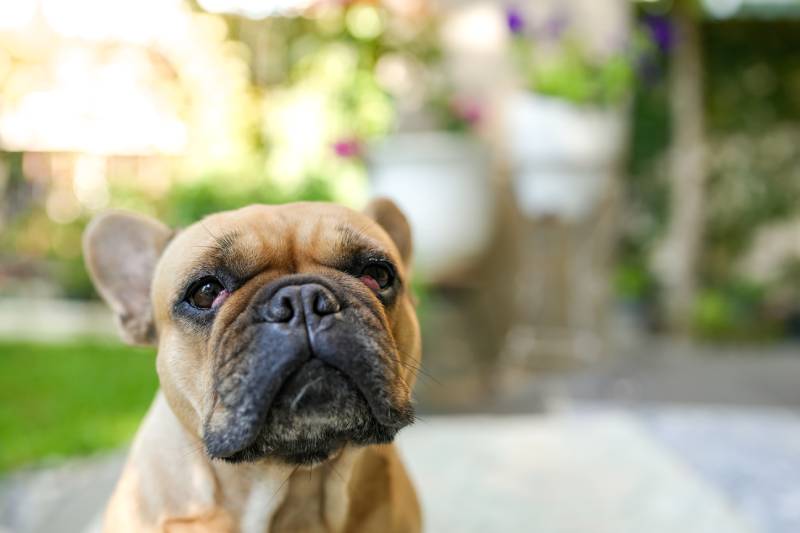

Setbacks
Setbacks are common during the potty-training process. Your French Bulldog might have several good days followed by a day with multiple accidents. This is normal and does not mean your training efforts have failed. It’s simply part of the learning process.
Consistency Is Key
Throughout the training process, consistency is key. The more consistent you are with your routine and responses, the quicker your French Bulldog will understand what is expected of them.
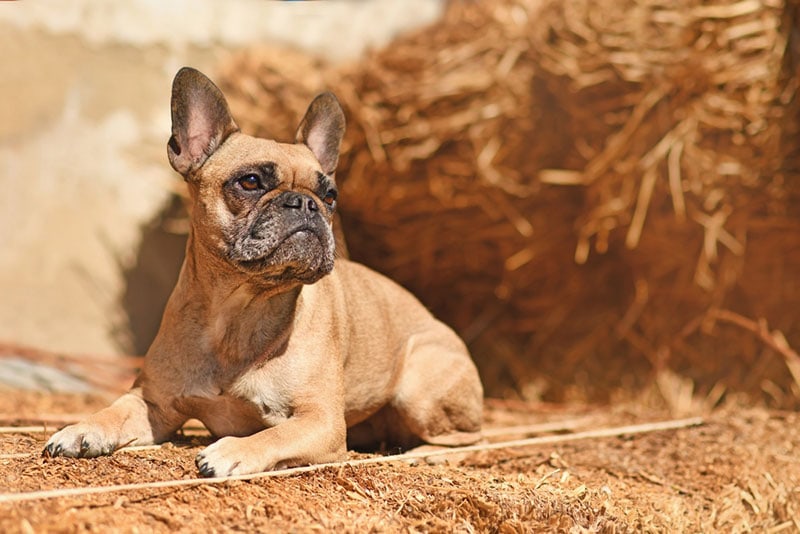



Why Yelling and Punishment Are a Bad Idea During Potty Training
Understanding why yelling and punishment are counterproductive during potty training involves understanding a dog’s psychology and learning process. Here’s what you need to know.
Fear and Confusion
Yelling or punishing your French Bulldog when they have an accident can create fear and confusion. Dogs don’t understand the concept of punishment in the way humans do. They won’t associate the punishment with their accident, but with whatever they were doing at the moment of the punishment, which could be simply being near you.
Negative Association
Punishing your dog for accidents can lead them to associate elimination with negative experiences. This can result in dogs becoming afraid to eliminate in front of you, even outside. They might start hiding or sneaking away to go to the bathroom, making the problem worse.
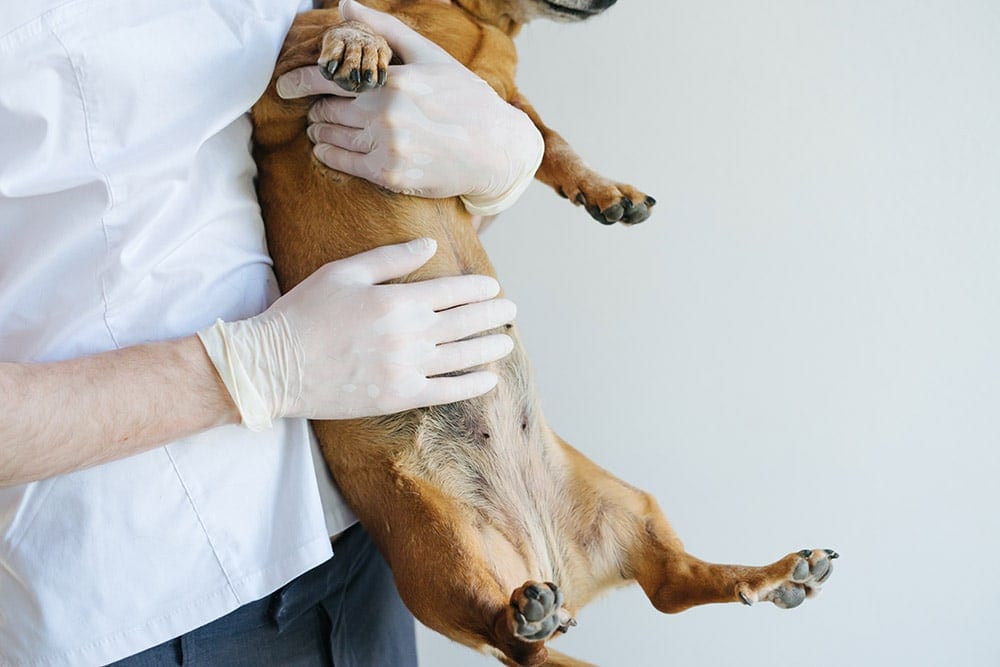

Stress and Anxiety
Harsh reactions can cause stress and anxiety in dogs, which can actually increase the likelihood of accidents. Stress can disrupt a dog’s digestion and bladder control, leading to more frequent elimination and potential accidents.
Damage to Relationship
Yelling and punishment can damage your relationship with your French Bulldog. It can break down the trust between you and your dog, making them less likely to want to please you – a key motivator in dog training.
Instead of resorting to yelling and punishment, opt for positive reinforcement methods. When your dog eliminates in the correct spot, reward them with praise, treats, or a favorite toy. If they have an accident indoors, calmly clean it up and return to your regular routine.
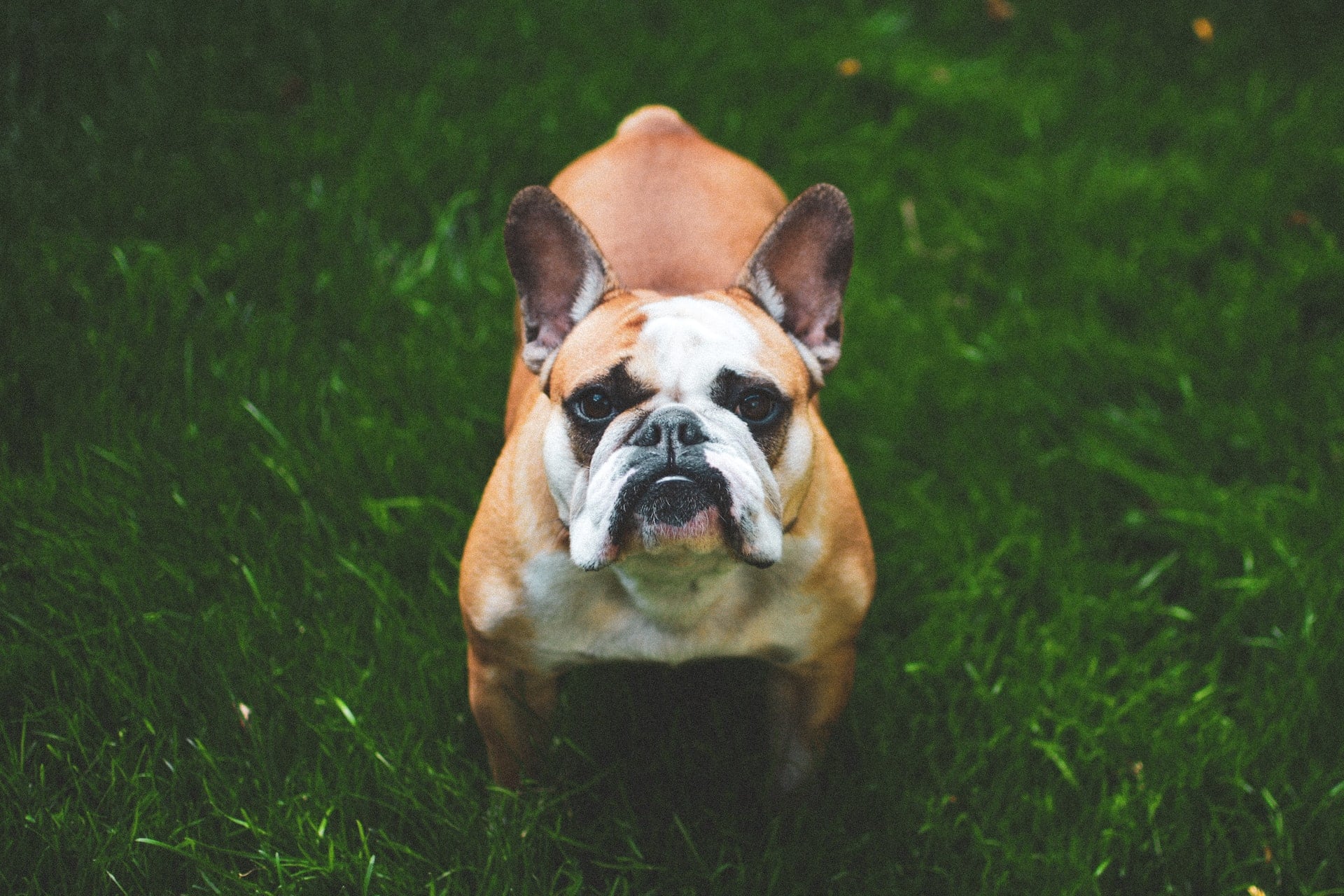



Other FAQs About Potty Training French Bulldogs
Q: At what age should I start potty training my French Bulldog?
A: You can start potty training as soon as you bring your puppy home, usually around 8 weeks of age.
Q: How long does it take to potty train a French Bulldog?
A: On average, it takes 4–6 months to fully potty train a French Bulldog, but every dog is different.
Q: My French Bulldog keeps having accidents. What am I doing wrong?
A: Frequent accidents could be due to a variety of factors like insufficient breaks, medical issues, or stress.
Q: Can adult French Bulldogs be potty trained?
A: Yes, while it’s easier to train puppies, adult dogs can also be successfully potty trained with patience and consistency.


Conclusion
Potty training a French Bulldog requires patience, consistency, and understanding. While it can be challenging, the reward of a well-trained dog makes the effort worthwhile. We hope our tips and tricks in this guide help make potty training your French Bulldog easier.
See Also:
Featured Image Credit: Peebs, Shutterstock


